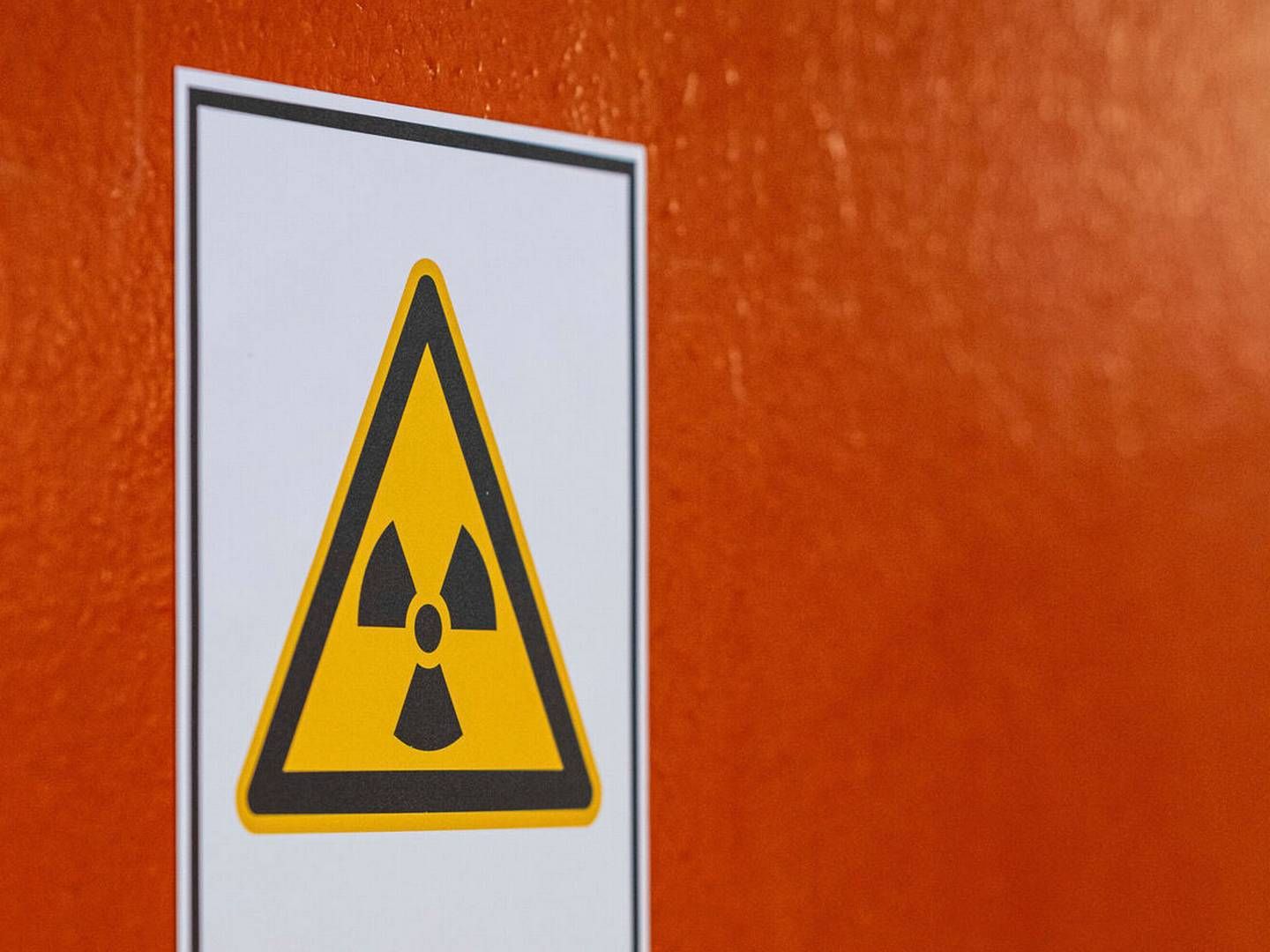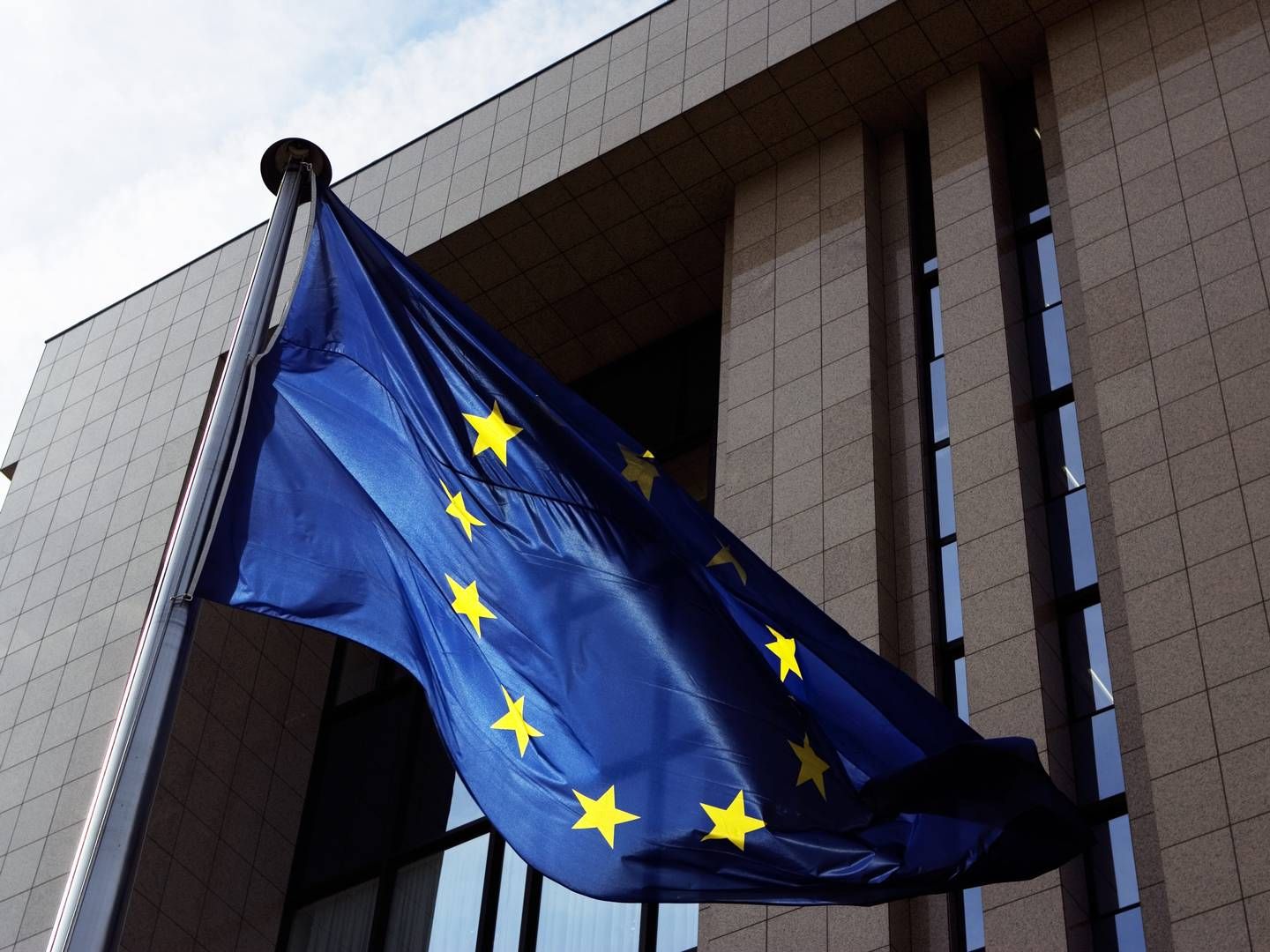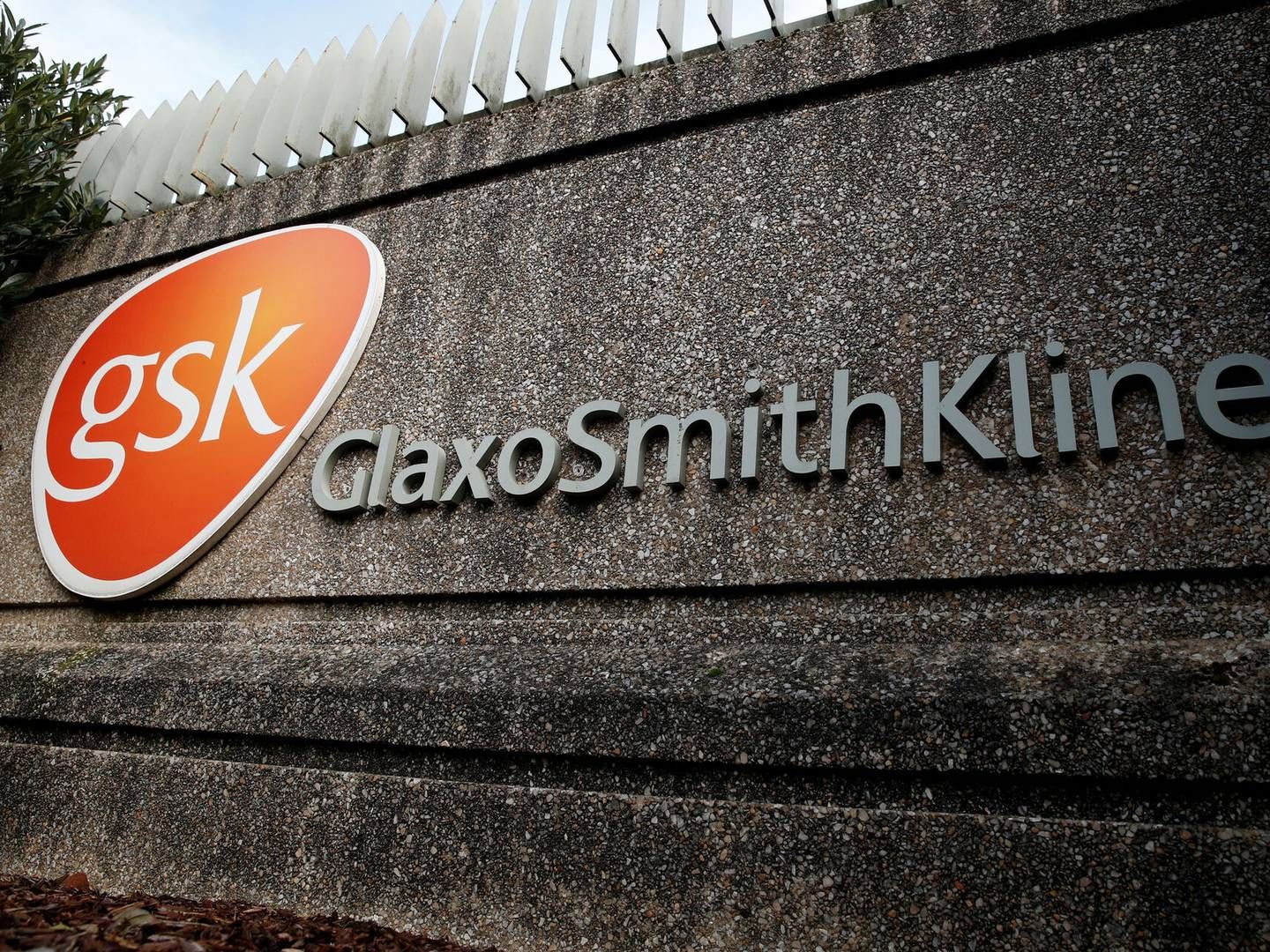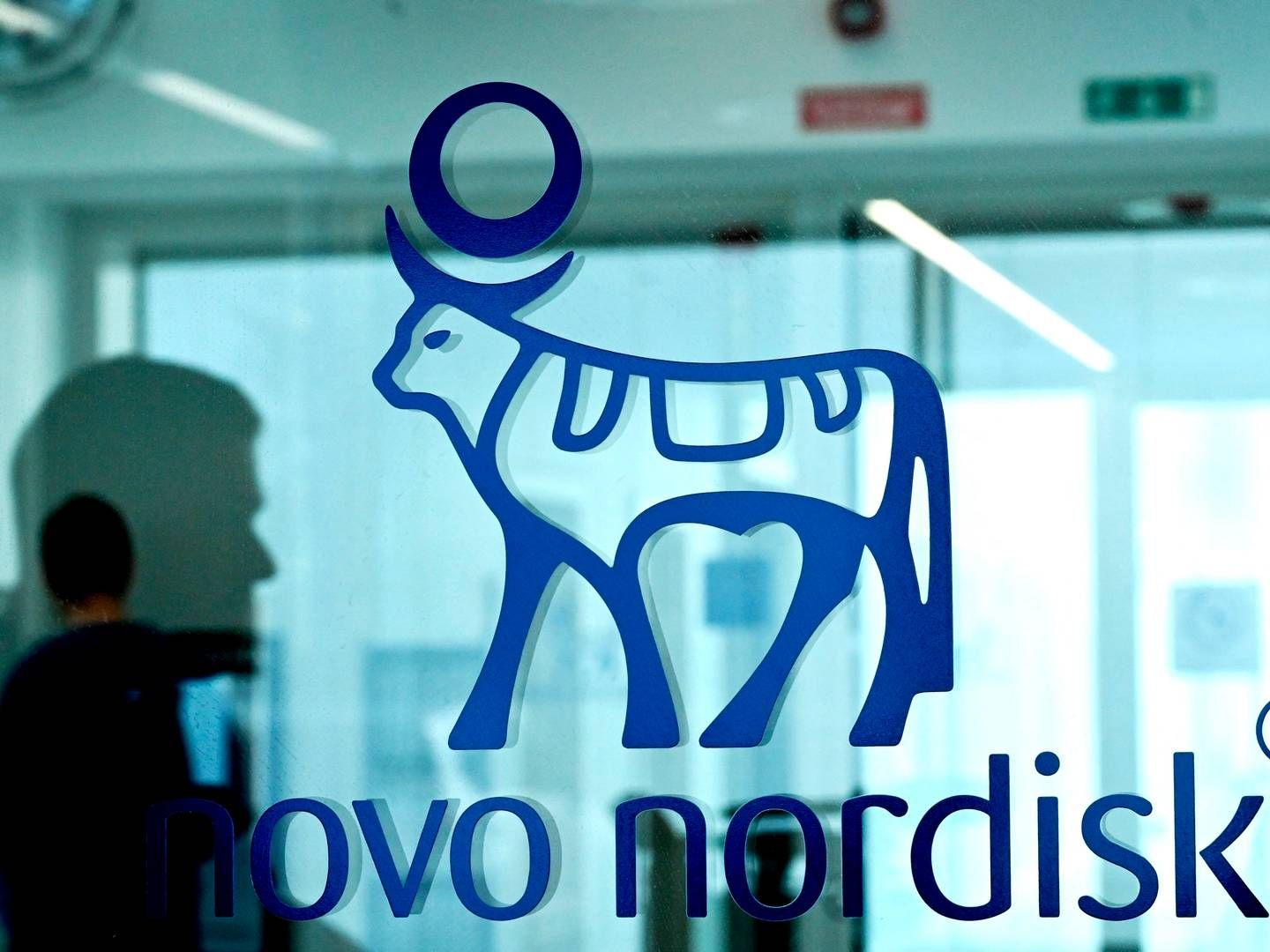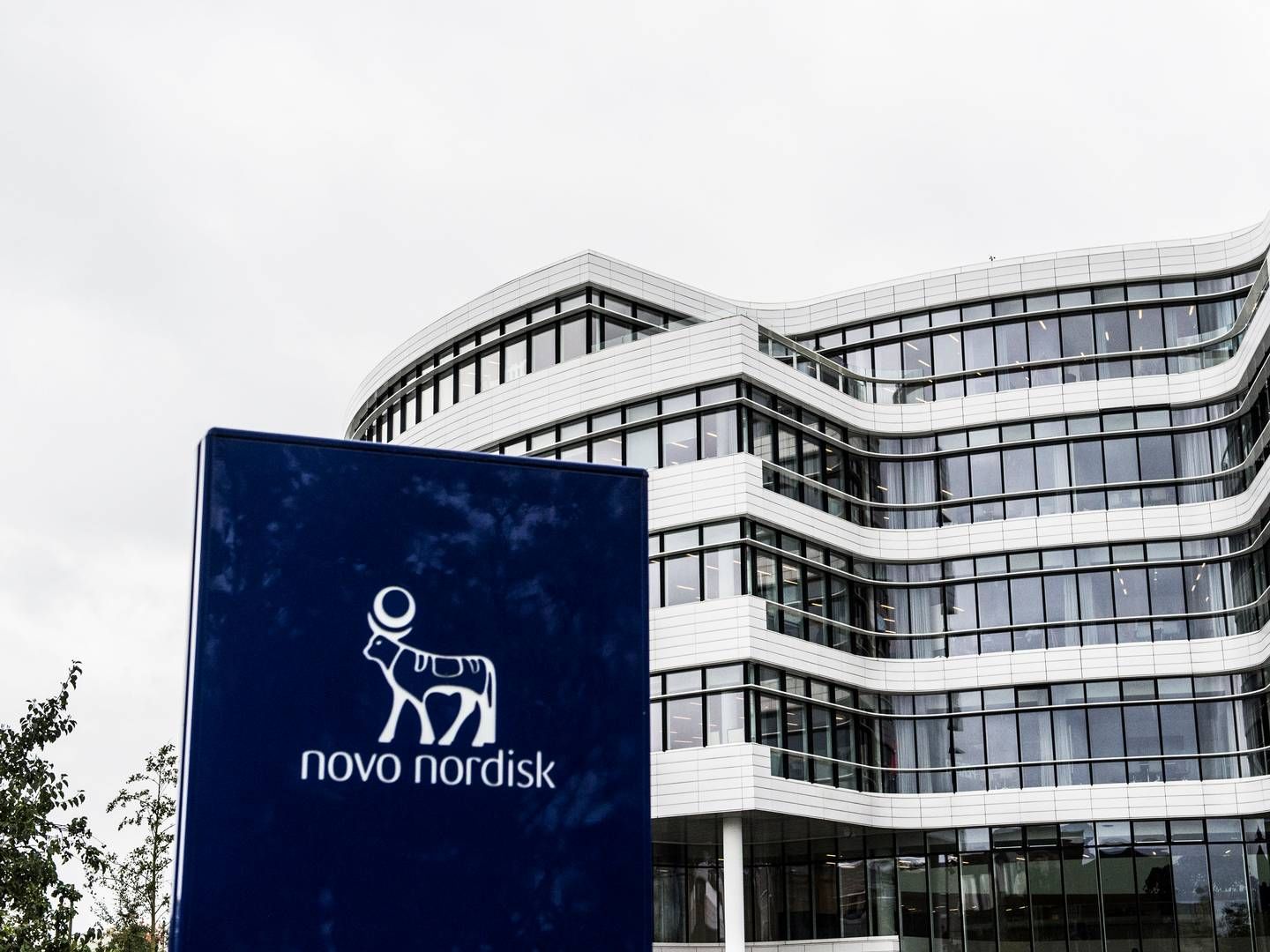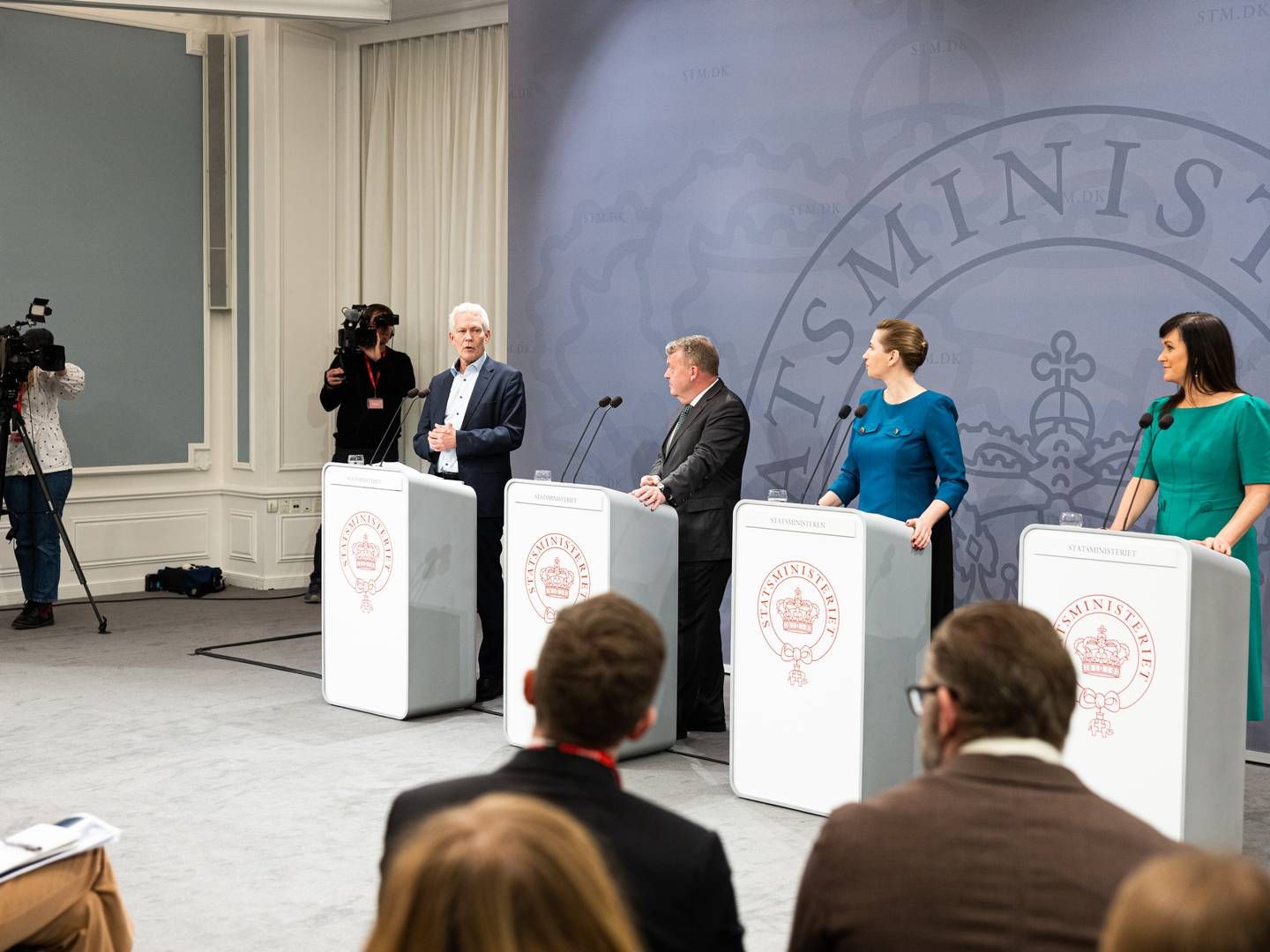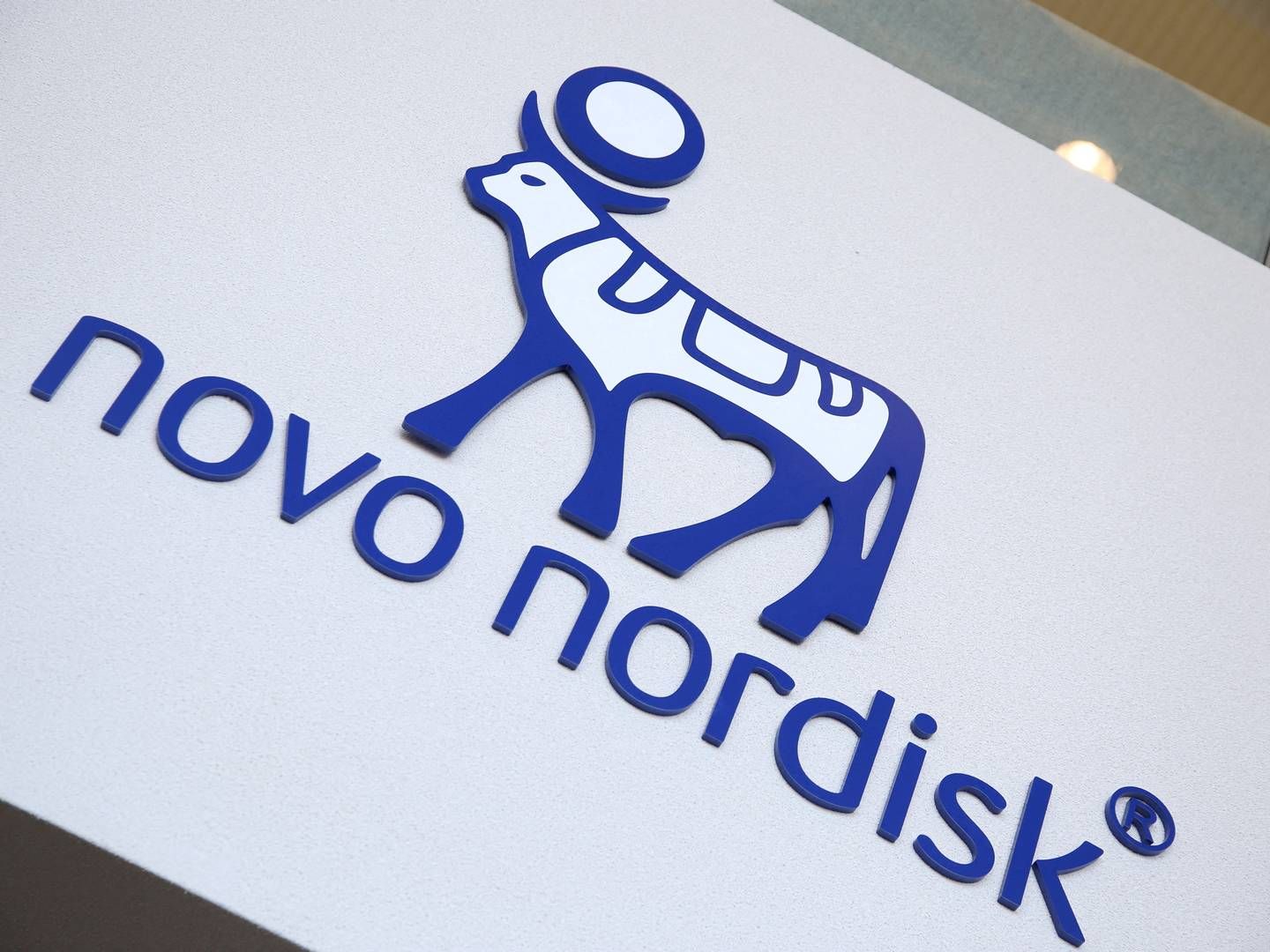Össur-CEO: ”I suppose you could call it a defensive victory”

The US market accounts for 49 % of Össur’s total turnover, which once again fell in Q2 compared with the same period last year. But the dip was a modest 3 % in local currency, a significant improvement from the decline in Q1 2013. Back then sales fell by 6 %, adjusted for the fact that there were two days fewer than in Q1 2012.
“We are obviously never happy to see a decline, but it could have been much worse. I suppose you could call it a defensive victory,” CEO Jón Sigurðsson tells Medwatch in an interview following the publication of the financial statement.
Individual gearing
In an ideal world, Jón Sigurðsson would like the company to be less geared towards individual markets, but that is no easy feat for a company such as Össur.
“A part of the problem is that the US market is as big as it is, which makes you more vulnerable when challenges arise,” he says.
The CEO explains that the US market as a whole is likely to make up a smaller part of business for Össur in the future, not because the US market is in decline, but because a number of other markets are on the rise.
The challenge on the US market is – and has been for some time – that American authorities has clamped down hard on what they believe to be aggressive billing from Össur’s clients – that is, doctors, physiotherapists and bandage makers.
Össur’s products are high-end as far as prices are concerned, and when the company’s clients buy fewer products out of fear of falling under the watchful eye of authorities, it naturally affects Össur.
No Chinese concerns
At the moment, UK drug giant GlaxoSmithKline (GSK) is the center of a major corruption scandal in China, in which company representatives are accused of bribing Chinese doctors and officials with cash, travels and other goods. Sexual favours are allegedly also among the incentives offerede to doctors to make them prescribe GSK products and drive up prices on these. GSK is believed to have spent a total of around half a billion USD on the bribes.
“We have no reason to believe there are any issues for us on the Chinese market. But then we don’t use quite as aggressive marketing tactics, as others might do. It is a deliberate choice. And you should also bear in mind that the Chinese market is still a very small part of our business,” says Jón Sigurðsson.
- translated by Martin Havtorn Petersen
Want to receive the latest news from Medwatch straight in your e-mail inbox? Sign up for our free english newsletter below.


